SUMMARY
This is AI generated summarization, which may have errors. For context, always refer to the full article.
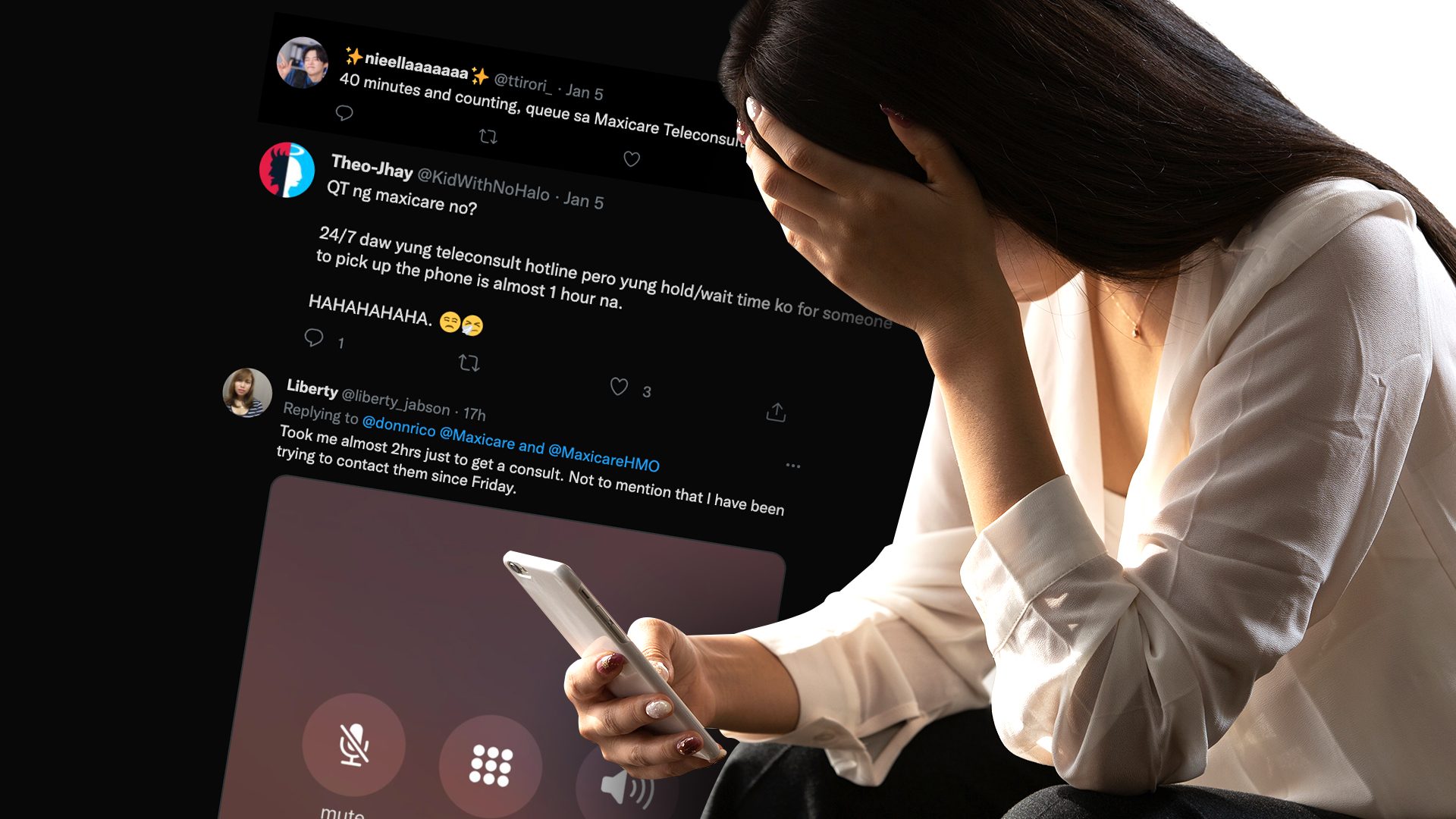
MANILA, Philippines – Teleconsultation and home testing for COVID-19 have been a boon during the pandemic for their efficiency and safety. With the unprecedented rise in cases due to the Omicron variant, however, doctors and laboratories are facing a surge of bookings online.
One only needs to scroll their social media feeds and listen to their physical social circles to know how every other person is having difficulty getting a schedule or service the past days.
Teleconsult, or medical consultation sought online via video call or chat, does not require the patient to visit a hospital, which makes it a preferred alternative for individuals experiencing mild symptoms. It is also highly recommended to reduce hospital traffic and prevent avoidable admissions.
The Philippine General Hospital (PGH) alone saw six times more COVID-19 admissions in just 10 days. Parallel to the rapid rise in cases was the number of health workers getting sick, further crippling the healthcare system, PGH spokesperson Dr. Jonas del Rosario said.
Vice President Leni Robredo’s free teleconsult initiative Bayanihan E-Konsulta had been dealing with a high volume of request that the quick response the program had known for encountered delays lately. The Vice President herself and some members of her security staff recently had to isolate after being hit by COVID-19.
Several said they had been waiting for a day to a week but got no response from the E-Konsulta team.
In a response to one of the inquiries, the Office of the Vice President said it had set a daily cap of 400 requests per day to ensure that all would get accommodated.
Others who sought online consultations through their health maintenance organization (HMO) providers had experienced similar difficulties. Some took to social media for customer support, as inquiries remained unattended.
Individuals said they were held on queue for hours, while some waited for days to be accommodated.
One HMO client, who was under quarantine, was denied teleconsult services supposedly for being a close contact.
A Twitter user lamented she had been requesting an appointment for two weeks, but to no avail.
Keane Go said she had been trying to book a consultation since late December 2021. It wasn’t until after several attempts within many days that she managed to get a hold of a representative of the HMO, who then suggested that she book the consultation through the app, where she was met with mere automated messages.
“Still no confirmation. I was just hoping na kahit virtual muna na check-up kasi I am scared of the number of cases na naman. And nag-try ako mag-walk in sa hospital for check-up, kaso mahigpit sila sa health check. Kaso, ayun.. walang napapala,” Go told Rappler.
(Still no confirmation. I was just hoping to secure at least a virtual check-up because I am scared of the number of cases. And I tried to walk into a hospital for check-up, but they were strict on health check. Still, to no avail.)
Go has yet to secure an appointment as of writing.
Growing gap between capacity and demand
COVID-19 infection among workers is also on the rise among telemedicine providers, making it all the more difficult to cater to the growing demand.
The zennya app, which offers remote testing and consultation services, advised its clients that it could no longer guarantee a turnaround time of 24-48 hours in RT-PCR test results. Several of its workers had been infected by COVID-19, limiting its capacity to cater to the “all-time high” volume of specimens for testing.
Laboratory clinic Hi-Precision Diagnostics, which has several branches across the country, had also sought their clients’ patience as some of their staff were subjected to quarantine and travel restrictions. The limited capacity and the increasing volume in tests also showed in its protocol changes – the laboratory had earlier advised on Thursday, January 6, that RT-PCR test results would be released in 24-48 hours, but changed it just four days later on Monday, January 10, to 48-72 hours.
Slots for home RT-PCR services were also reportedly quick to run out, with the earliest dates available in five days to a week. Some said they were turned away due to slot unavailability, while others because they were not experiencing any symptoms and had no known close contact.
Those who availed themselves of RT-PCR home testing by the Philippine Red Cross in partnership with Angkas, which offered relatively cheap services, were able to book an appointment but not until after at least five days. Several also reported delays in getting their results.
Here’s what others shared about their experience in booking teleconsultations and RT-PCR testing:
With the spread of the Omicron variant, three to five times more transmissible than Delta, COVID-19 cases in the country have shot up to unprecedented numbers. In Metro Manila, the positivity rate has reached 52%, which means one in every two people tested is positive for COVID-19.
On Monday, January 10, the Department of Health logged a record 33,169 cases, the Philippines’ highest one-day tally since the pandemic began. This is the third consecutive day the cases had reached a new all-time high. – Rappler.com
Add a comment
How does this make you feel?
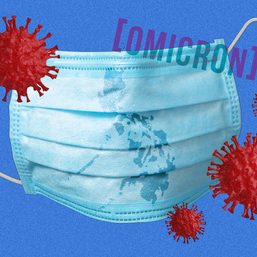
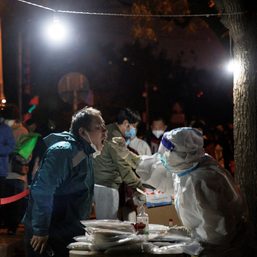
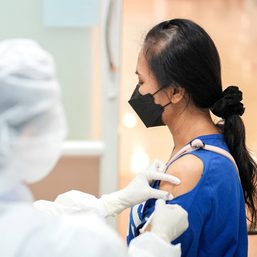
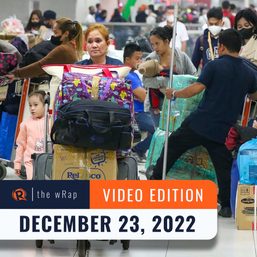
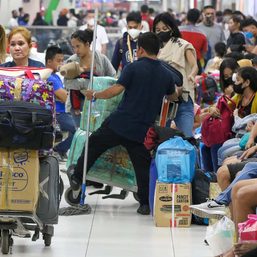
There are no comments yet. Add your comment to start the conversation.